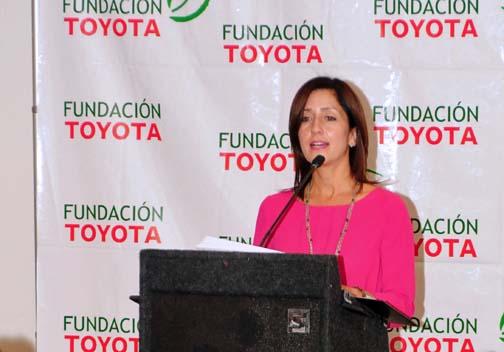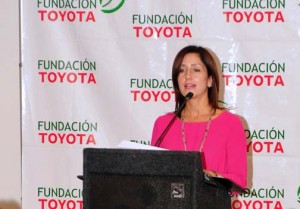Toyota Foundation opens environmental grant cycle

The Toyota Foundation recently opened this year’s environmental grant cycle, allocating $100,000 to subsidize the work of several community-based and nonprofit organizations focused on environmental issues.
Some of the projects that could be eligible for these grants are programs related to causes that are ecological, environmental, educational, sustainable resource management, environmental pollution management, conservation and protection of wildlife, forests, water bodies; control erosion, deforestation; saving water and energy consumption; promoting clean air; that create awareness of recycling, reuse and waste reduction; research and others.
“We want to demonstrate our commitment to the environment by supporting nonprofit organizations that have ideas, no matter if they are big or small. That will make the difference,” said Nancy Navales, vice president of Toyota Puerto Rico.
“We have donated more than $1 million to more than 80 entities since our establishment and we are ready to continue to support proposals for environmental excellence that will impact educational and environmental causes,” she said.
Groups interested in submitting proposals for funding must complete the application or contact Puerto Rico Community Foundation and personally deliver all required documents on or before July 31, 2015.
Since its establishment in 1997, Toyota Foundation has supported a number of entities and organizations that protect Puerto Rico’s environmental health. Among them are educational campaigns for the protection of sensitive species like the coquí — Puerto Rico’s indigenous frog — and the project of the restoration of coral reef on the island of Culebra.
The Foundation has also supported the creation of a catalogue to integrate industry and trade for recycling; it has established mini nature reserves in public schools and it has created community collection centers for the collection of oils, among others.
“This new invitation to submit proposals aims to give continuity to the work of educational and community base institutions, that work in favor of protecting our natural resources, at a time when the world faces enormous environmental challenges,” said Navales.














